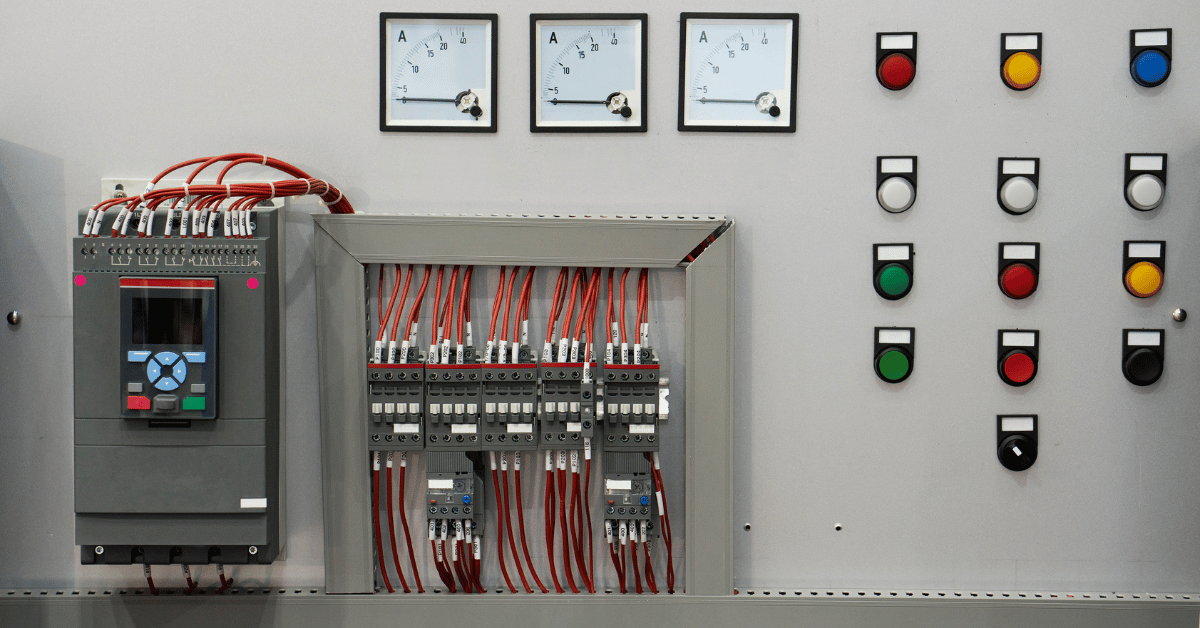For individuals with a background in traditional IT or IT security, stepping into the world of SCADA (Supervisory Control and Data Acquisition) and Industrial Control Systems (ICS) security can feel overwhelming. The tools, techniques, and perspectives that work well in conventional IT often don’t apply to SCADA/ICS environments. This article outlines some of the most significant distinctions between securing traditional IT systems and SCADA/ICS systems.
Safeguarding Data vs. Ensuring Process Continuity
In traditional IT security, the main objective is to protect sensitive information. This includes intellectual property, financial details like credit card numbers, emails, and personal data such as personally identifiable information (PII). The focus is on preventing hackers from accessing or stealing this confidential content.
SCADA/ICS systems, however, shift the priority to safeguarding the operational process. These systems are built for constant, uninterrupted functioning, and any stoppage can have major consequences. For example, shutting down a facility might require weeks or months to recover, costing millions in lost productivity. Beyond financial losses, outages in critical systems—like power generation, electricity distribution, or water treatment—can create serious disruptions, potentially endangering lives. A small failure, such as a defective valve or sensor, can also trigger a domino effect, leading to catastrophic breakdowns. The 2005 Texas City refinery explosion, caused by a faulty pressure-relief valve, resulted in 50 deaths and billions in damages for British Petroleum, underscoring this risk.
In short, while traditional IT security centers on data protection, SCADA/ICS security is all about keeping the process running smoothly.
Technological Contrasts
Traditional IT systems typically operate using the TCP/IP family of protocols, including TCP, IP, UDP, DNS, and DHCP. In contrast, SCADA/ICS systems rely on a diverse set of over 100 protocols, many of which are serial-based and proprietary. Widely used examples include Modbus, DNP3, PROFINET/PROFIBUS, and OPC.
Additionally, SCADA/ICS systems often incorporate Programmable Logic Controllers (PLCs), which are integral to industries like manufacturing, oil refining, energy distribution, and water management. Unlike traditional IT setups, where PLCs are rare, these devices are small computers that use Ladder Logic to manage equipment such as sensors, valves, actuators, and alarms. Securing these systems demands specialized expertise in PLC programming, setting it apart from conventional IT security skills.

The Critical Role of Availability
Physical Access Challenges
In most traditional IT settings, security teams have hands-on access to hardware like servers and networking gear. SCADA/ICS systems, however, often span vast distances—think pipelines or power grids stretching across hundreds or thousands of miles. This spread makes it harder to apply security measures consistently and amplifies the need for robust physical security. Unprotected remote locations, like field stations, can become weak points that attackers exploit to infiltrate the entire system.

From Obscurity to Exposure
For years, SCADA/ICS systems enjoyed a layer of protection known as “security through obscurity.” Their limited visibility and the niche expertise required to interact with them kept them off most attackers’ radars, often leaving them without even basic security features. However, as these systems have connected to the internet—typically via TCP/IP for remote monitoring—this advantage has faded. Tools like Shodan, which scan for internet-connected devices, have further exposed them.
The industry is now playing catch-up, working to implement stronger security practices. A key hurdle is that many standard security tools don’t support the proprietary protocols common in SCADA/ICS setups, requiring tailored solutions like custom firewalls or intrusion detection systems. With rising threats like cyberterrorism and warfare—exemplified by Russia’s attack on Ukraine’s power grid—the urgency to secure these systems has never been greater. In any major cyber conflict, SCADA/ICS infrastructure is likely to be a prime target.





0 Comments